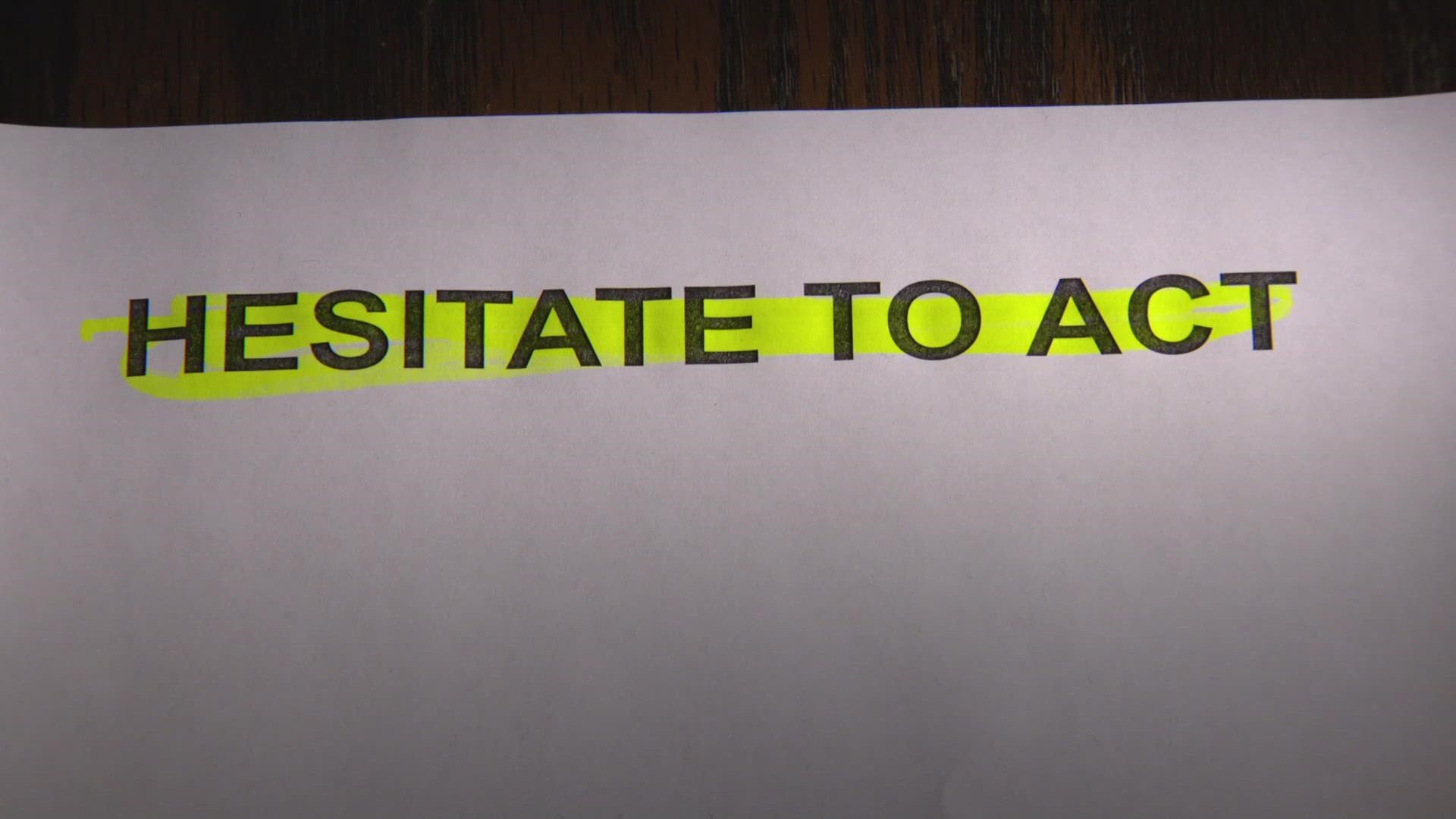DENVER — "Hesitate to act." Three simple words that, according to defense attorneys like Scott Jurdem, have, for decades, provided critical protection for criminal defendants in Colorado.
Those three simple words are now erased from the state's jury instructions.
"It's not just the freedom of my clients that's at issue, it's all of our freedom," Jurdem said. "This is the most significant move I've seen in my 46 years practicing law."
As most people know, prosecutors have to prove their case beyond a reasonable doubt to win a conviction. Until very recently, reasonable doubt was defined in Colorado as "a doubt that would cause reasonable people to hesitate to act in matters of importance to themselves."
But late last week, the Colorado Supreme Court redefined proof beyond reasonable doubt, leaving out the words "hesitate to act." The definition now says "proof that leaves you firmly convinced of the defendant's guilt."
"To prove something so well that you would rely on the evidence without hesitation is very difficult and it makes the state's burden very hard, and it's appropriate," Jurdem said. "We all know what it's like to hesitate in a matter of importance. We almost never make an important decision in our lives without hesitation. You're going to have a lot less protection from the power of the state now."
Adam Kendall, Chief Trial Deputy District Attorney in Boulder, sees it much differently, saying the new language does not favor either the defense or the prosecution, but simply provides jurors more clarity on the definition of reasonable doubt.
"There's no sea change as far as we see it," Kendall said. "It only makes the instruction easier to understand and allows the jury to more easily determine if someone is guilty beyond a reasonable doubt."
The new jury instruction went into effect this week. While it's new to Colorado, the federal court system has had similar language for many years.
SUGGESTED VIDEOS: Latest from 9NEWS

